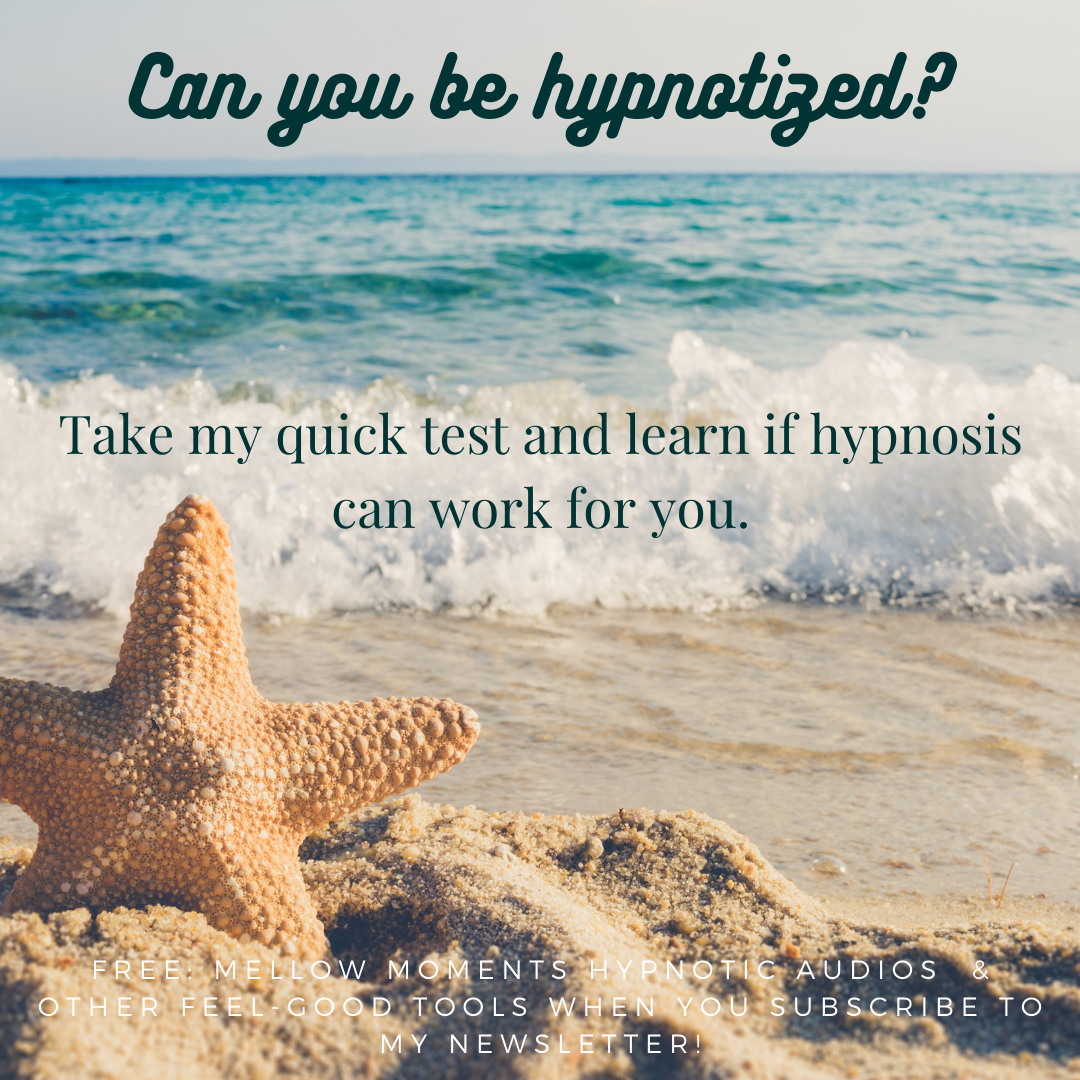Alcohol Abuse Hypnosis
Alcohol Abuse Hypnosis: Alcohol Abuse covers a spectrum of unhealthy alcohol consumption behaviors including binge drinking, dependence, and even alcohol-related crimes. Alcohol typically causes harm to the one who consumes and to those around them. The distinction between alcohol abusers and alcoholics is a matter of limitation. Alcohol abusers are able to limit their consumption and are not yet dependent on alcohol.
|
Yes, I have struggled with alcohol abuse. I kicked off my run with booze when I was a young teenager traveling in Italy. I somehow managed to score a bottle of walnut liqueur (YUCK!!) and proceeded to get smashed in my hotel room. It was ugly. By night’s end, I was reciting the story of the three little pigs and projectile vomiting. It looked like the scene from The Exorcist.
The demon was still there the next morning when our bus tour stopped for a peak at the local tannery. Nothing compares to the warm smell of processed leather and hangovers. I wanted to die. I have been ejected from school dances – actually, carried out by friends. I have made a mess of bathrooms in Manhattan restaurants. I have embarrassed myself and others. I am not proud of this. |
My career in finance certainly didn’t help. Tethered to multiple computer screens and facing the daily wrath of angry clients usually led to liquid lunches and chain smoking in the financial district’s watering holes. It was not a healthy life.
The good news is that I wasn’t dependent on alcohol. I was able to function without it. However, when I chose to drink, I binged and really let it rip. I finally realized that I needed to do something about this problem.
It’s no mystery that we start drinking because of its social acceptance and expectation. We typically begin our journey with alcohol with benign intentions (except my Italian debut).
It feels good to be with friends, to feel relaxed and unplugged from the stressful world – numbed out. The social connection and pleasant associations of alcohol interfere with our ability to see the warning signs of alcohol abuse.
We are caught in its web in an unusual manner. The web is gradually spun around us until the day comes when we realize we’re stuck.
It was an eye-opening experience when I stopped the abuse and really curtailed my drinking. Cutting back came with unforeseen “consequences.” I was amazed at the number of people out there who didn’t want to hang out with me when I finally cut down the consumption. They questioned me, as if I had a problem. I did have a problem: I drank too much!
Some signs of alcohol abuse include:
- Binge drinking.
- Drinking despite the negative effects on your relationships.
- Interference with your work as well as other priorities.
- Drinking to relax, feel good, or to not feel anything.
- Drinking and driving.
- Facing legal and financial trouble due to alcohol.
- Feel free to add to this list.
The following are suggestions to reduce your drinking:
- Drink slower.
- Give yourself time between drinks (e.g.: 30 minutes) and drink water during this period.
- Schedule specific days of the week to allow drinking.
- Establish a set amount of drinks with each drinking day.
- Avoid bad influences (such as other alcohol abusers).
- Change your routine. Avoid walking past that bar on your way home from work.
- Start a new hobby.
- Focus on how much better you feel. Hypnotherapy (Alcohol Abuse Hypnosis) is a key treatment for this!
- Remember the past – awful feelings of sickness, regret, and embarrassment.
The following are suggestions to quit drinking:
- Get help. Find a support group.
- Set a date for quitting.
- Remember the past – awful feelings of sickness, regret, and embarrassment.
- Get rid of the bar ware: mixers, shakers, shot glasses and any booze in the house.
- Avoid bad influences (people who drink too much, social events where alcohol is served).
- Change your routine.
- Start a new hobby.
- Check off the days on your calendar when you didn’t drink. This gives you a visual of your progress.
- Focus on how much better you feel. Hypnotherapy (Alcohol Abuse Hypnosis) is a key treatment for this!
These are just suggestions. As always, feel free to add to this list. It is possible to reduce or quit drinking. Like anything else, it’s a journey. Be kind to yourself. Congratulate yourself and focus on the benefits. I’m glad I did. ~Ted
Alcohol Abuse Hypnosis: How Your Subconscious Mind Is Your Ally ~parts adapted via HypnosisDownloads.com
|
"Am I an alcoholic?" Lionel asked me with a tinge of desperation. "Do you think I've got a drinking problem?" "Alcoholic" is a scary label. It conjures up images of diseased livers, shattered lives with ruined relationships, discarded careers, always being at the whim of the demon drink, never being your own person, enslaved to the dictates of alcohol. I studied his face. Broken veins, dark under-eye circles, sunken cheeks. Lionel was thirty. "Firstly," I said, "alcoholism isn't something you have. it's something you do. There is no definitive "alcohol gene," and it's not a disease any more than chronic smoking is a "disease." But you know, of course, that it can kill you slowly. The fact that you are here, Lionel, wanting help shows me you feel drinking is a problem. Answer me these questions." |
Are you an alcoholic?
"Okay Lionel, an alcoholic makes booze a big part of their life. How much of a part does alcohol play in your life?"
Lionel looked at me for a moment. "Huge. In fact, I have to organize my whole life around it."
Ask yourself the same question. Do you have to plan your life around your drinking? I asked him these questions and I'm also asking you:
- Have you ever tried to cut down on your drinking because you're seriously worried?
- Have you ever got annoyed or felt insulted because someone mentioned your drinking?
- Do you feel you need to drink?
- Do you ever drink just to "feel normal?"
- Do you feel that for something to be enjoyable it has to be accompanied by a drink?
- Do you ever drink in the mornings?
- Do you ever drink secretly?
- Do you suspect that alcohol is affecting your health?
- Do you never seem to have a drink-free day?
Lionel replied "yes" to every question. But if you agree with any of the above, you may well have a problem with drink. So what should you do?
1) Admit you have a problem Alcohol Abuse Hypnosis:
I'm naturally wary of labels; I know how powerful they can be. How they can become self-fulfilling ("What do you expect? I'm an alcoholic!") and how they can induce us to feel that a temporary state is a permanent feature. However, denial, self-delusion, and deceit mean that we may avoid addressing what has become an issue. The fact that you are reading this at all probably means you are at the stage where you realize that alcohol has become problematic.
2) Seek support Alcohol Abuse Hypnosis
If alcohol really has become a problem (as it is for millions) and you feel you really can't manage it alone, then get help. Find a solution-focused therapist who will actively work to deal with your thinking, assist you in meeting your basic emotional needs, and also help you avoid relapse. Confide in friends or relatives and tell people you are cutting down (or stopping altogether?) If other people know, they can make allowances by not encouraging you to go to the bar every night or plying you with booze.
3) Stop drinking - one day at a time Alcohol Abuse Hypnosis
Go slowly. Take time for yourself to relax a little each day. Here's a free relaxation audio session to help you zap stress instantly.
4) Take time off from drinking Alcohol Abuse Hypnosis:
This one sounds so obvious, doesn't it? If you're an alcoholic, you should abstain from drink. But what I mean is, right now, ditch the self-deceit. Decide to have three or four alcohol-free days a week. Alcohol is literally a poison - hence the 'toxin' in 'intoxicated'. Your body and brain need to recover - other people need to see that you can be booze-free. You need time and clarity to attend properly to your life. Of course, the more time you take off from drinking, the healthier you'll become.
5) Lead yourself not into temptation Alcohol Abuse Hypnosis:
Don't let yourself go into situations where you might be tempted to drink. Rather than thinking: "I won't drink at the party tonight." - don't go to the party. Seriously. Not until you're well on the way to no longer being alcohol-dependent. Rather than thinking: "I'll buy this wine and beer for the weekend, but won't drink it before." - don't buy it before the weekend. Take time out from drinking and don't fool yourself into getting into a situation that you can't resist.
6) Use the power of your mind to help you say, "No!" Alcohol Abuse Hypnosis:
The more you envisage something, the more likely you are to behave easily in the way you've imagined. Use hypnosis to help you strengthen your resolve to come off and stay off alcohol.
Lionel no longer drinks half a bottle of gin a day. He's stopped downing a bottle of wine in the evenings and the five or six beers he'd "not really enjoy" at lunchtime. He has got his life back, won his freedom.
You may be an alcoholic at the moment, but with will, courage, fortitude, and resolution, you can stop - and it may prove to be easier than you thought.

